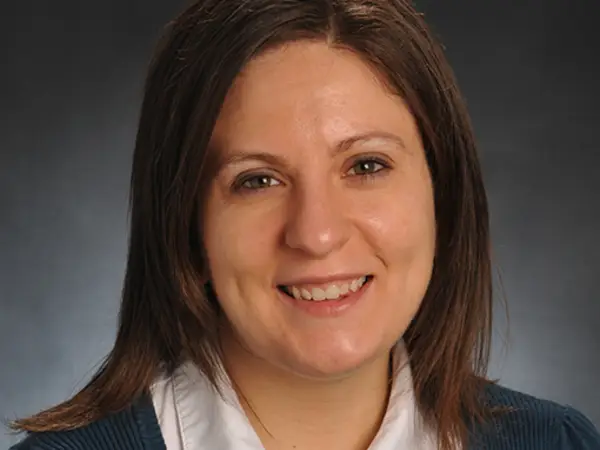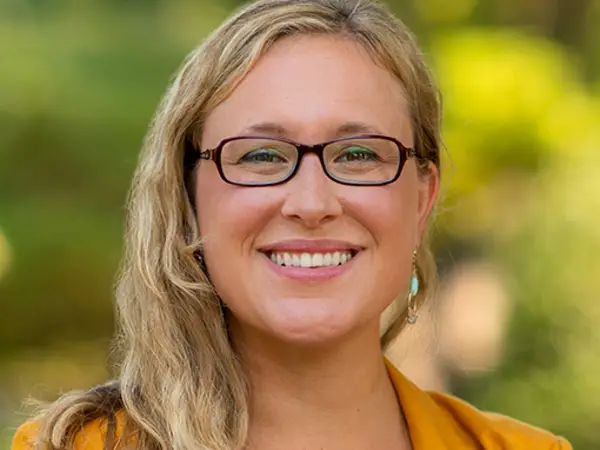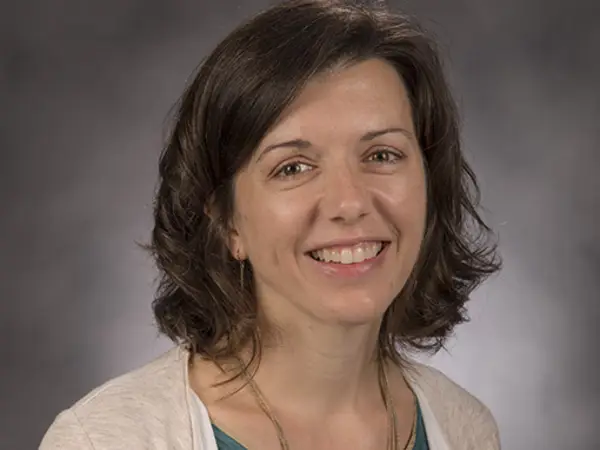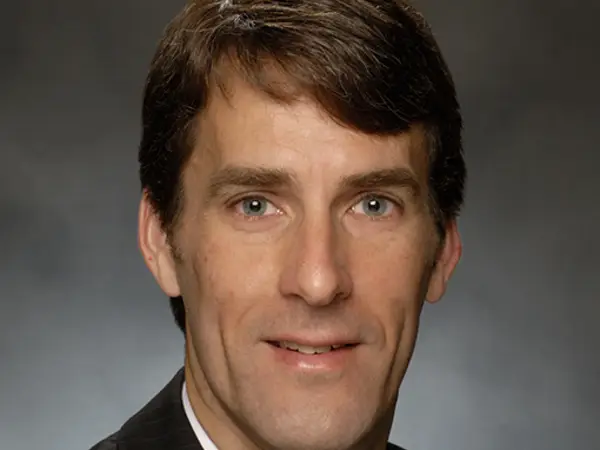Environmental Chemical Contaminants and Microplastics: Imari Walker-Franklin
Imari Walker-Franklin, a research chemist within RTI’s discovery science division, is a pioneering mind in environmental exposure science. Her expertise in non-targeted chemical analysis propels research related to identifying novel emerging contaminants in the environment. She leads investigations into PFAS or “forever chemicals”, pesticides, polymer additives, microplastics and other contaminants within environmental and biological samples. Dr. Walker-Franklin holds a Ph.D. in environmental engineering and studied the release of potentially hazardous polymer-associated chemicals into water. She also contributes to environmental justice and non-targeted analysis workflows, exemplifying RTI’s commitment to innovative research. Recent works include: The impacts of plastics’ life cycle and Plastics.
Learn More about Environmental Chemical Contaminants and Microplastics: Imari Walker-Franklin




